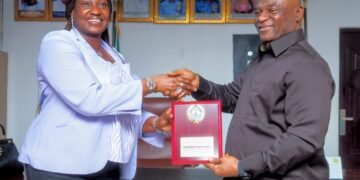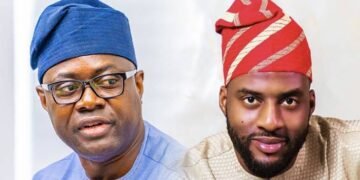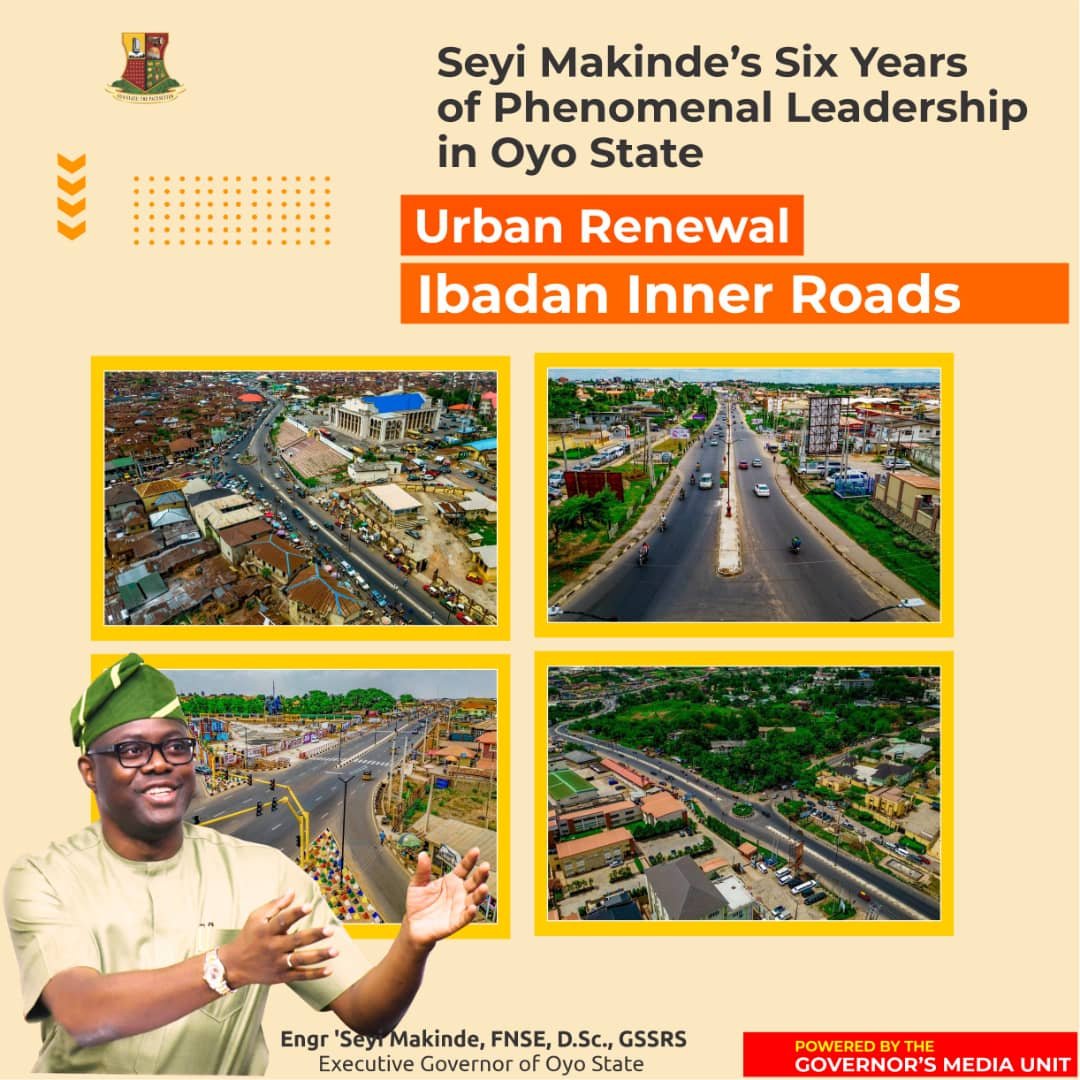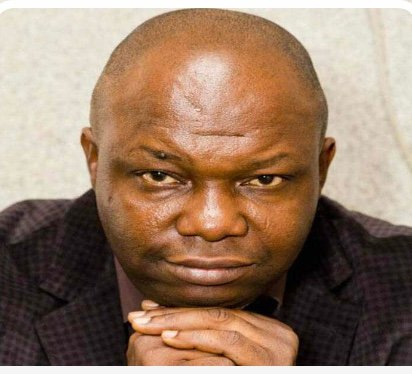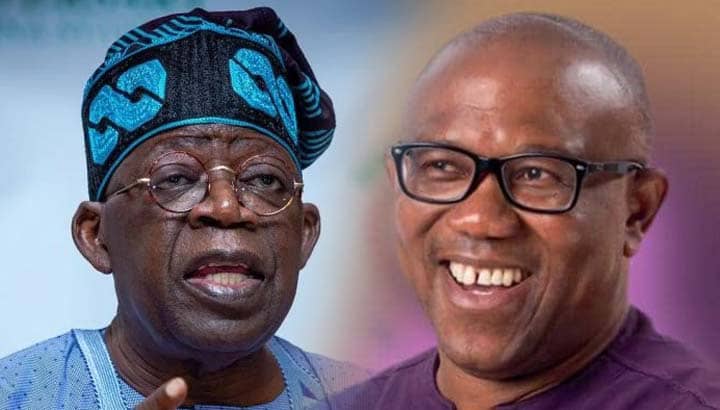When I wrote “Is Soyinka, the god unraveling?,” (April 9, 2023) many people thought I belonged to the rank of those misbegotten children who make a pastime of casting aspersions on the literary avatar, Professor Wole Soyinka. As Yoruba will shout while expressing their indignation, can an epileptic, who makes serial pun of dying, ever be compared to one who dies once and totally? – “taa l’ó ńjé omo akuwárápá níwájú omo akúyányán?” What equation will come on earth that will make a small fry like me look into the eyes of a god like Soyinka?
The truth is, very few human beings are capable of unbuckling the sandals of that literary god. We must however keep the tradition of keen interrogation, fearless x-ray of personas and personages which Soyinka himself taught us through his non-conformist and iconoclastic essays, plays and public interventions. Kongi never taught us that gods were beyond fallibility. As fiery as King Sango was in old Oyo Empire, his major flipside was his scorching temperament which led to his suicide at Koso. Soyinka has his’ and his children-sans-biology like us owe him the responsibility of bringing out what we consider the mucks in his eyes.
Several parts of Soyinka the elephant have been explored and I am not ready to regurgitate them here. However, I am sure Soyinka cannot die. While here with us in human form, his deeds have transited him from mere mortality into enduring immortality. He will live like the Great mythic musician, Orpheus and his wife, Eurydice. Soyinka has left the realm of the human. He is a mythical being who, when this Isara god eventually transits, would just transmute into an imaginary myth recited in incantations. As a hunter, his guild would sing the Iremoje, hunters’ recitals at their colleague’s passage.
Happy 90th birthday to the god we are opportune to behold in human form.
Ogunsola: Celebrating the Man Who Wanted My Head
In the year 2000, whilst I was Features Editor of the Nigerian Tribune and a budding columnist with the newspaper, a friend from the PUNCH alerted me that a hunt for my “head” was in the offing. He narrated how it began. Chairman of the newspaper, Chief Ajibola Ogunsola, suddenly walked into one of the newspaper’s editorial meetings and declared me wanted. He was said to have declared his admiration for my writings and asked that I be head-hunted. The man he saddled with that responsibility was the highly respected columnist and editor of the newspaper, Azubuike Ishiekwene.
It was impossible not to have heard of Ogunsola. Mere mention of his name evoked dread and awe in Nigerian newspaper newsrooms. Several tidbits about him oscillated in the media firmament. An actuary, this Ibadan, son of the famous Ibadan textile merchant, Madam Janet Alatede, sat like an octopus as head of PUNCH‘s board. To some, his stealy hold on the newspaper was desirable at a time when mediocrity had become a pestilence in newsrooms. To many others, Ogunsola was deserving of general dread. He didn’t allow people to make second mistakes, we heard. You could resume in PUNCH in the morning and head for the gate before dusk, your infraction being an unconscionable murder of the god of English grammar. More frighteningly, we were told Ogunsola was an atheist. The latter didn’t scare me, having had a romance with atheism, too. My teachers in the philosophy department of the University of Lagos pumped magnum opuses of atheist philosophers into my brain. Teachers like C.S. Momoh, Mama Sophie Oluwole, Joseph Omoregie, Tanu de Peter Bah, (TDP Bah) then doctoral student, Kolawole Olu-Owolabi, (God bless his soul; with his then emerging limping legs!) among others. Martin Heidegger, Albert Camus, Jacques Derrida, French satirist Voltaire and the likes played atheistic hide and seek on our heads. They were only diluted by the faith teachings of hunchback Danish theologian, Soren Kikekergaard.
Not long after, Ishiekwene called me. In those days, if Azu of the highly regarded “Azu on Saturday” column spoke to you, you had heard from God. It was same with Funke Egbemode, another columnist of the newspaper’s Saturday paper. They were delights, indeed must-read, for their wits and pithy dissection of issues of Nigeria’s contemporary socio-politics. So Azu delivered Chief Ogunsola’s message.
Fortunately or unfortunately, I had committed the gaffe of telling one or two of my colleagues what I heard from the Almighty Chairman of PUNCH. In those days, PUNCH and Tribune were like the famous thespian, Chief Oyin Adejobi’s dramatisation of his cripple-from-birth life story called Orogun Adedigba – the jealous co-wives. The two newspapers sought to best each other in quality and quantity of their daily sales.
In the process of transmission of the tale, our avuncular Managing Editor, Mr. Folu Olamiti heard of my impending club transfer. He never asked me. I just began to get unsolicited pieces of advice from those who surrounded me. I shouldn’t dim my “stardom” by leaving the Tribune. It was better to be a star in a known firmament than being a moon in an uncharted stratosphere. Then, a few weeks after, Olamiti suddenly made some promotions. I became Deputy Editor, with a fatter take-home. So, when Ishiekwene called, I had more of dread of PUNCH than a desire to port.
Thirteen years or so after, one Sunday morning, I had an opportunity to meet the highly feared, reported atheist in his Lagos home, in company with Mr. Olalekan Ali, Oyo State Secretary to the State Government. Our boss, Abiola Ajimobi, felt PUNCH, owned by his kinsman, one of the greatest scions of Ibadanland, Chief Olu Aboderin, was unfair in its reportage of his administration. So we met Ogunsola who told us that government should deliver its promises to the people and PUNCH would promote its activities. Ogunsola then gave us a great breakfast. As we ate, I broached the story of his order for my head. Smilingly, he confirmed it. I left him that morning elated to have met one of the strongest pillars of Nigeria’s journalism administration.
Today, Baba Ogunsola clocked 80 years. I got this information from the brilliant tribute to him penned by my sister, Professor Abimbola Adelakun, last Thursday. All I have to offer Ogunsola are the evocative words of our elders called Ayajo. Ayajo are incantatory words deployed in esoteric metaphors and similes in Yoruba discourses. They are targeted towards desirable outcomes. They are also known as transcendental words spoken to issues that need magical powers to come to pass. While offering prayers of continuous availability and good health for valuable persons, traditional Yoruba initiates chant, and I chant along with them, for Baba Ogunsola: As’odunm’odun l’awo as’odunm’odun, as’orom’oro l’awo as’orom’oro. Ase!
•Dr Adedayo is a lawyer, social critic and columnist.






